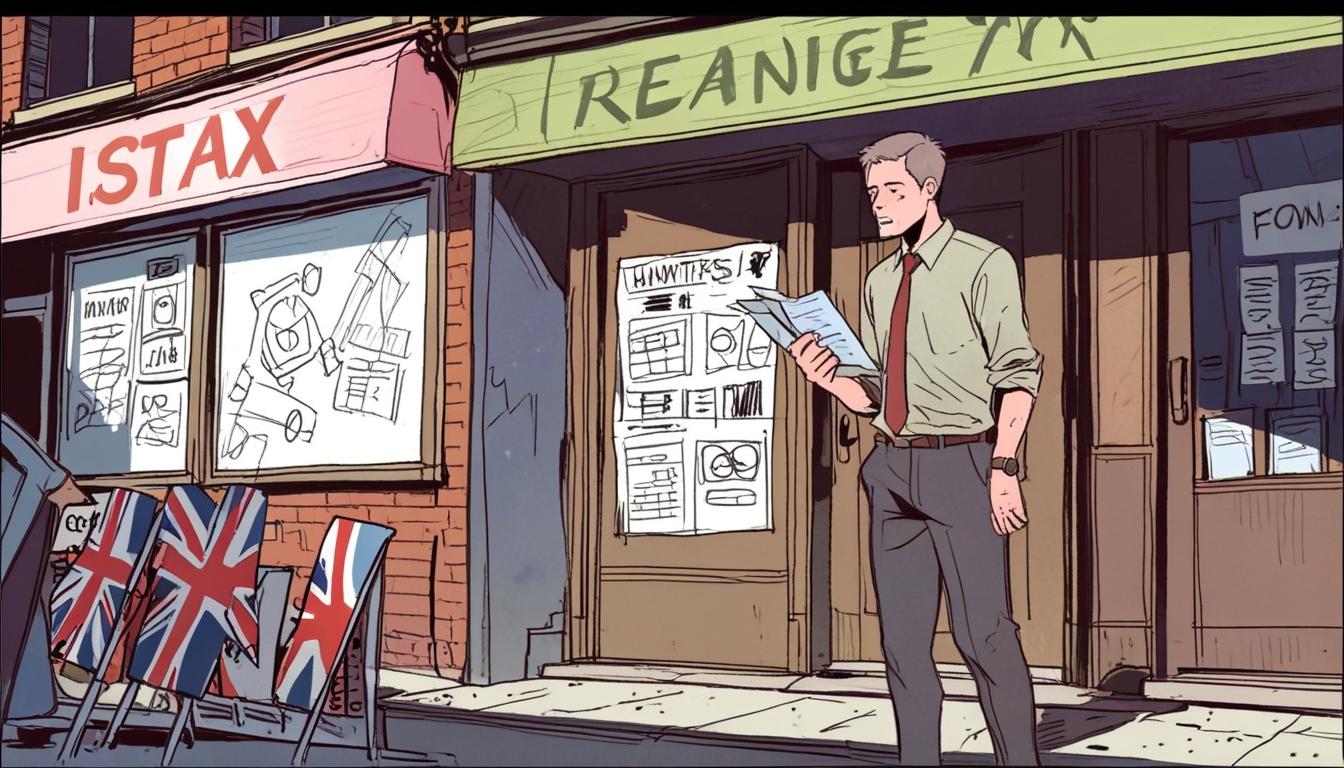The landscape for UK businesses has shifted dramatically as the number of entrepreneurs voluntarily shutting down viable companies has surged to its highest level since the pandemic. According to recent data from Companies House, the 2024-25 tax year saw 12,602 solvent businesses choose to enter members' voluntary liquidation (MVL), marking the second highest rate recorded, just behind the 14,929 liquidations during the pandemic peak of 2020-21. This increase is attributed primarily to rising tax rates, particularly those affecting Business Asset Disposal Relief (BADR), which are prompting many business owners to reevaluate their options.
The financial strains on businesses are becoming increasingly pronounced. The Chancellor of the Exchequer, Rachel Reeves, announced significant tax increases in her recent Budget, projected to raise £40 billion annually. This includes a tax hike on business asset disposal, which will increase from 10% to 14% in April 2025, and again to 18% in April 2026. These changes are pushing many entrepreneurs to act swiftly in order to take advantage of the lower current rates before they rise. Tax advisers have reported a marked rise in inquiries as business owners rush to liquidate, with many having significant growth potential but feeling pressured by both tax increases and broader economic uncertainty.
Speaking to the Financial Times, Elizabeth Bradley, a partner at law firm BCLP, noted, “We have seen a flood of inquiries from business owners looking to sell before the April tax rises.” Similarly, Michelle Denny-West from Moore Kingston Smith remarked on the mood of apprehension among her clients, stating that the expectation of further tax increases has led many to “cash in their chips” while they can still benefit from current tax reliefs.
Beyond the immediate tax implications, various economic factors are contributing to the trend of voluntary liquidations. Rising operational costs and an uncertain trading environment are proving detrimental to many enterprises. Matt Howard, head of the insolvency and recovery team at Price Bailey, commented on the intertwining issues at play, noting, “Tax rises together with economic headwinds are pushing more business owners to explore their options for taking cash out. Many are deciding to cease trading altogether.” Some entrepreneurs, facing a turbulent market landscape, have opted to retire early to avoid future tax liabilities.
Meanwhile, the response from the government highlights a tense balancing act. The Treasury has described its Budget as a necessary step towards fixing public finances and rebuilding the NHS, recognising the vital role that entrepreneurs play in stimulating economic growth. They maintain that they are offering a generous lifetime limit of £1 million on BADR, although the rising tax rates suggest a tightening fiscal approach that could stifle entrepreneurial activity.
The implications of these tax increases also extend to broader socio-economic concerns. The changes in capital gains tax, which see rates move from 20% to 24% for higher earners, reflect a targeted approach to increase revenue from wealthier individuals and corporations. Critics are wary, however, that such measures may undermine the UK’s reputation as a business-friendly environment and might drive wealth out of the country as affluent individuals seek more favourable jurisdictions.
In summary, the combination of increased tax burdens, economic uncertainty, and rising operational costs is reshaping the business landscape in the UK. As entrepreneurs seek ways to navigate these challenges, voluntary liquidations appear to be a rapidly growing option. Whether this trend will continue remains to be seen, but the current environment underscores a critical period of change for UK businesses.
Reference Map
- Paragraph 1: [1], [2]
- Paragraph 2: [3], [4], [6]
- Paragraph 3: [1]
- Paragraph 4: [1]
- Paragraph 5: [5]
- Paragraph 6: [4], [5]
- Paragraph 7: [4], [5], [6]
Source: Noah Wire Services
